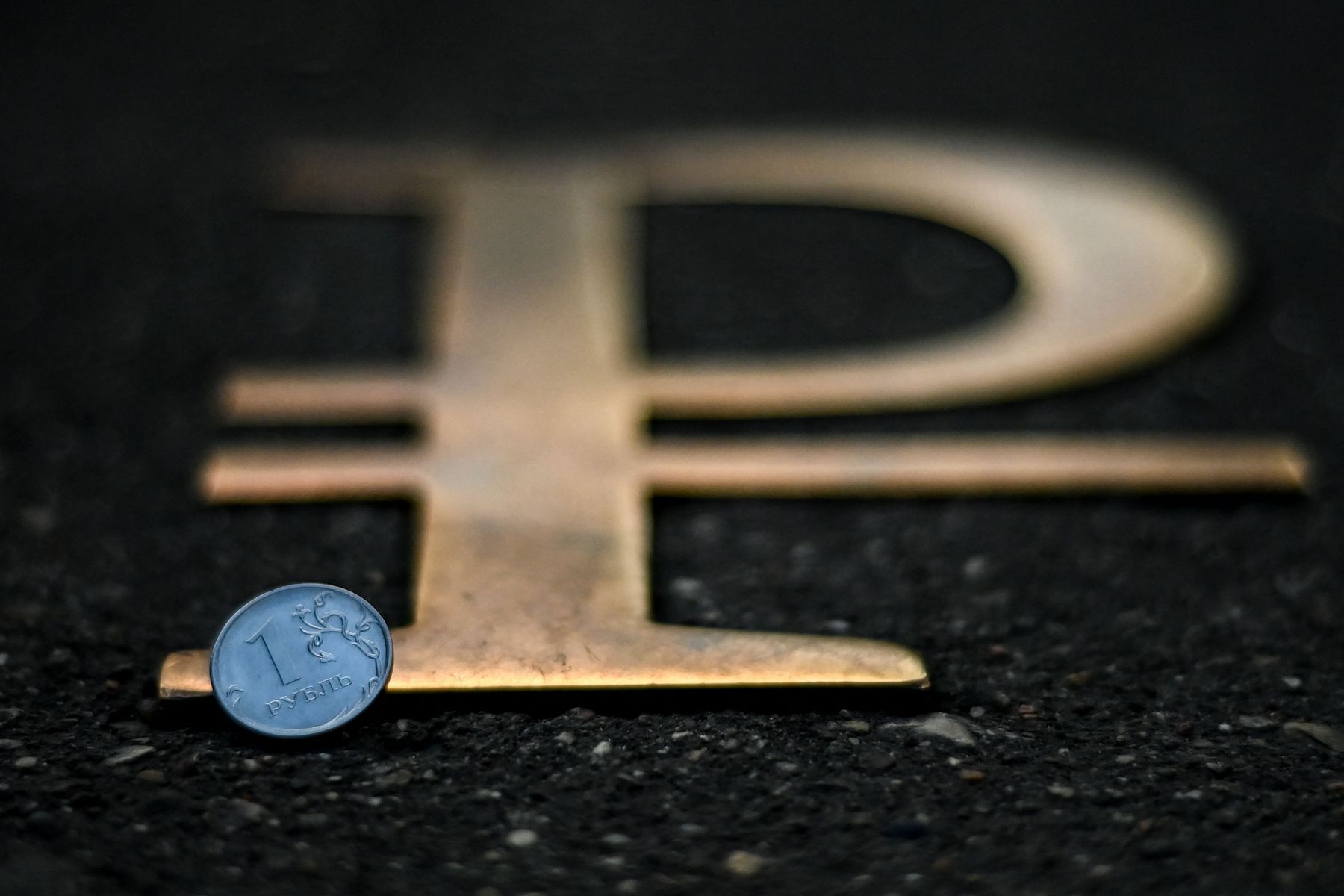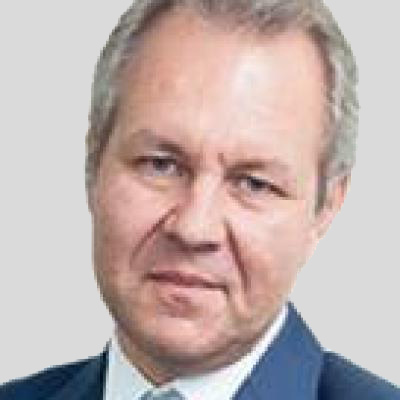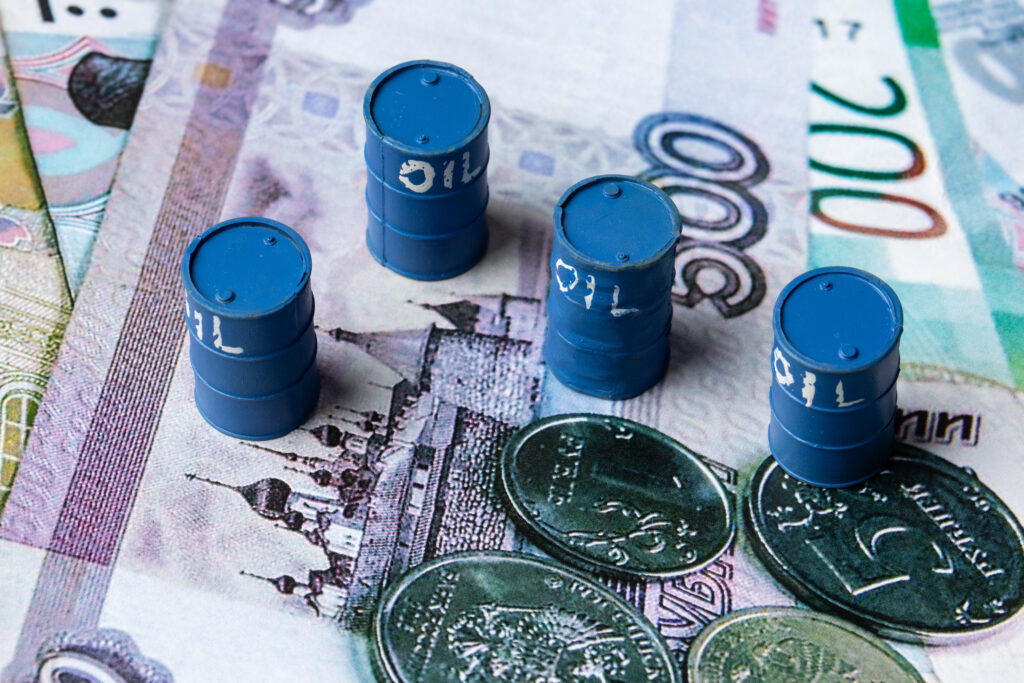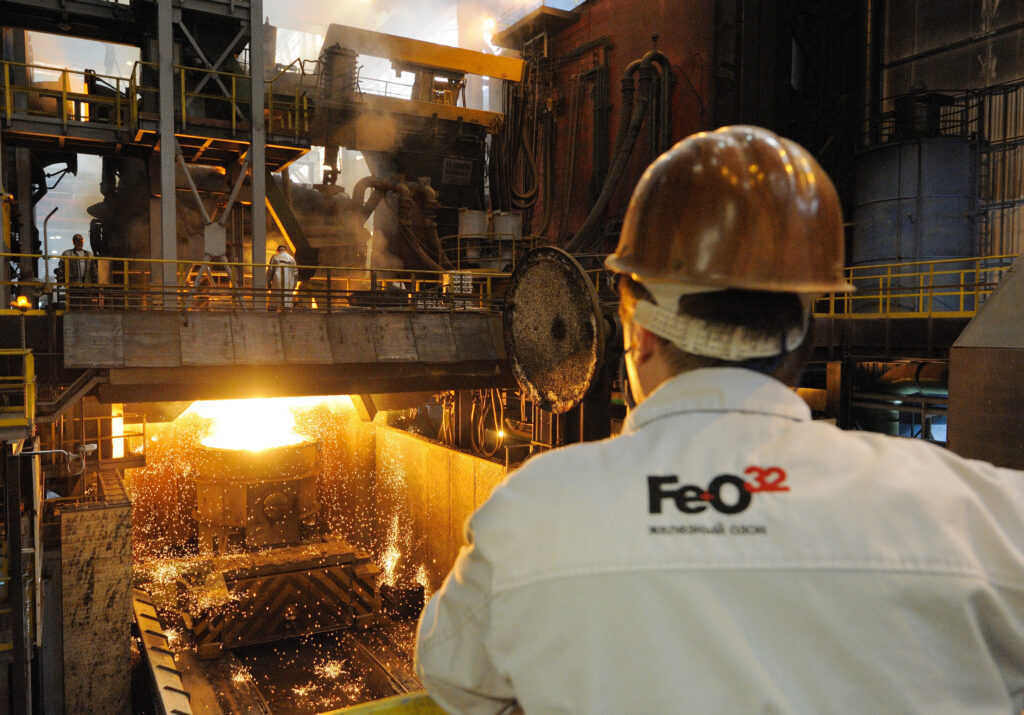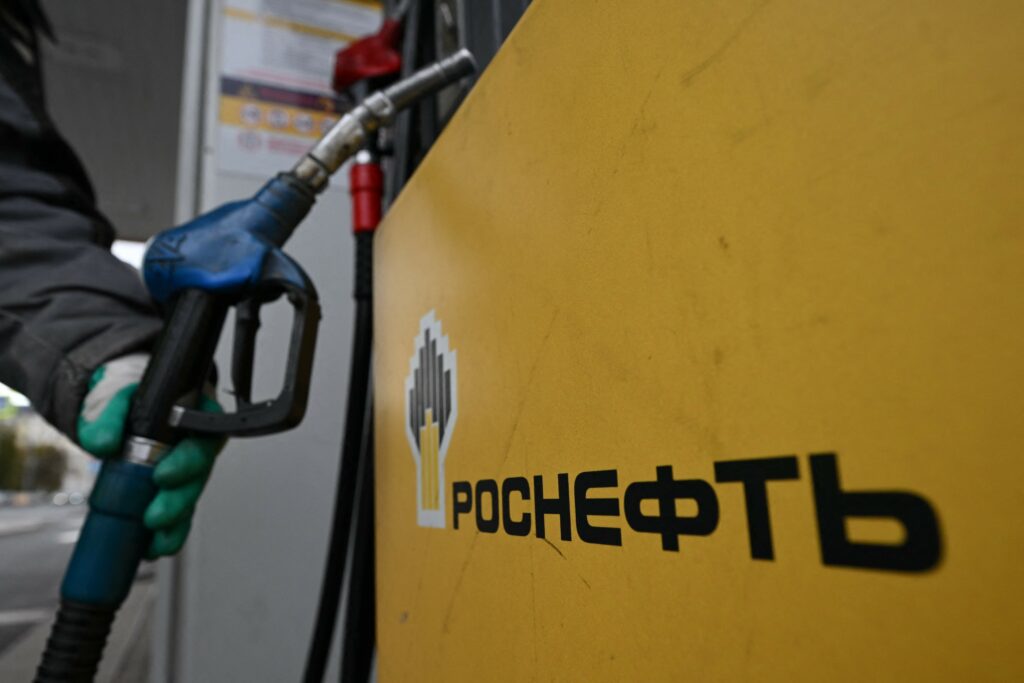At first glance, 2022 does not carry any noticeable economic threats for Russia. The world economy is in a phase of confident recovery, with oil prices in the last two week rising by more than 10%. and American stock indexes settin a number of records. Russia’s 2021 budget meanwhile received a record of extra revenues. In the first quarter the National Welfare Fund will increase by 2.5−3.5 trillion rubles ($ 32-$ 46bln); raw materials export grew by almost $ 100 billion, and the trade surplus — 1.8 times. The growth of the Russian economy amounted to just under 5% GDP (and, most likely, it will exceed this after the estimates are clarified), becoming the fastest since 2008. Certain concern, of course, is caused by the prospect of decarbonization in the EU and the displacement of Russia from its export markets; but the gas crisis last fall and winter in Europe suggests that such a prospect is distant. Then again, all the achievements noted is no guarantee of a trouble-free new year.
The main 2022 problem in Russia will be the declining standard of living of the population. Formally, real disposable income grew by 4.4% in the first three quarters of 2021 (and is likely to show 3% growth over the whole year). This does not mean, however, that life in the country has become better for the majority of Russians. First, the growth in real incomes is calculated taking into account the official inflation rate of 8.4%, while the «food» inflation is almost 11%, and the population itself estimates the rise in prices at 16%. So there is no certainty that the standard of living has really increased. Secondly, the distribution of income in Russia is extremely uneven, and it grows especially quickly among high-paid citizens. Low-income Russians may not share the optimism of those on the Forbes list, who have enriched themselves by $ 101 billion, or officials who stole about 6.5 trillion rubles($ 85bln). Thirdly, even for those incomes that reached the pocket of the average Russian in 2021, in a significant part came not from an increase in salaries or pensions, but by lump sum payments received last year by families with children, pensioners and siloviki officials. Thus, even the formally rather high growth of the economy did not provide a noticeable increase in the standard of living in the past year. In the coming year, last year’s growth may not happen.
The reason for this will be the desire of the authorities to fight the increase in prices using monetary methods: in the past year, the Bank of Russia at seven meetings to raise the key rate by half — from 4.25 to 8.5% per annum. This measure is unlikely to lead to a serious decrease in inflation; its potential is determined by the rise in producer prices, which amounted to 27.5% in twelve months. Yet at the same time, it will provoke a further increase in costs and slow down economic growth (the most realistic estimate now is 1.4−1.6%). It is possible that inflation will decrease (but it is unlikely to be by more than 6%), but at a cost of the growth of nominal income being much lower than in 2021. Thus, it is almost certain even the official data on the increase in real disposable income in 2022 will not be recorded. This means the standard of living in Russia will be stagnating for a whole decade. The authorities do not have effective methods for channeling oil surplus profits into those sectors of the economy that could actually provide an increase in living standards and «launch» self-sustaining economic growth. Instead of lowering taxes and increasing the degree of economic freedom, the Kremlin intends to increase investments in infrastructure.
The main danger of 2022 comes from how the authorities lived too long in captivity of invented statistics. Regular Russians do not care for empty stats (which, by the way, is perfectly confirmed by the events in Kazakhstan, where most of the economic indicators in recent years looked even better than in Russia, but where the authorities found themselves under powerful pressure from citizens as soon as the next round of price increases hit tens of thousands of people). A particularly serious danger of self-deception will against the background of a fairly confident recovery of the world economy, high prices for raw materials and growing budget revenues, which raise and will raise more questions about why such a favorable situation is not translated into living standards.
The Russian authorities have every opportunity to change the situation, but they have no serious desire to do so. At the end of the year, the largest domestic corporations, both state and private, will receive record profits (a significant part of which will be paid in the form of dividends) and will pay record taxes. At the same time, it is the rise in prices for gasoline, metal products, fertilizers, building materials and railroad transportation that provide a significant part of the rising costs, and, accordingly, the increase in prices. The authorities should think about freezing prices and tariffs — and not ostentatiously, in the form of «voluntary agreements» of producers, but real and long-term. Large companies are able to provide high profitability through exports while maintaining relatively low prices in the domestic market (at the end of last year, the difference in gas prices in Europe and Russia reached 20 times). The task of bringing domestic prices closer to world prices should be removed from the agenda; the tools for achieving this goal can be, on the one hand, a consistent antimonopoly policy, and, on the other, a flexible taxation system: in the current conditions, it is possible to reduce taxes for the sake of freezing tariffs.
The government’s plans to improve the infrastructure, as well as increasing investments in the development of the defense industry should now be adjusted. Russian economy suffers today from anemic demand much more than from the lack of railway capacity or the underdevelopment of the Northern Sea Route. Even environmental problems are not as significant as the growing impoverishment of the population and the lack of real prospects for improving living standards. Instead of increasing capital spending, it should spend not less than 2−3% of GDP annually in 2022−2024 to support low-income strata of the population and the «working poor,» increasing the level of the minimum wage by at least 15% annually, and mobilizing population savings for investment purposes (for example, by keeping preferential mortgage or car loans with a rate of 4−6% per annum if the buyer pays at least half of the amount). The most important task is to maintain a stable exchange rate, since it is no less (and, rather, even more) significant for limiting inflation than the key rate of the Bank of Russia. Today, there are no serious reasons for the weakening of the ruble — and the national currency is rather pressed only by geopolitical risks, which should have been avoided by any means.
In the current situation it is impossible not to take political factors into account. And here one more difficult problem of the current year should be noted: the Kremlin increased the stakes in its geopolitical game at the end of 2021; apparently, after the Christmas time-out taken by Western countries, a relatively consensus position will be formed about the impossibility of meeting Russian requirements. At the same time, Russia’s «shakedown» by itself, regardless of its results can cause extra sanctions against Moscow — and above all a possible torpedoing of the Nord Stream-2 which can bring Russia-West relations to a new low. Although I almost completely exclude the possibility of a full-scale Russian invasion of Ukraine, even less serious reasons for the growth of tensions in relations with the West can reduce the ruble exchange rate, leading it to 77−80 rubles per dollar; or restart the downward movements in the Russian stock market, which were already observed in October-December 2021; and it could also create problems for Russian companies in foreign markets. If such sanctions turn out to be serious enough in the coming months, economic growth by the end of the coming year may turn out to be close to zero, which will only exacerbate the problems that still exist today.
2022 may turn out to be one of the most fateful years for Russia — and how it turns out is almost entirely dependent on the Kremlin. Today it becomes obvious that all the resources of Putin’s growth model have been exhausted: the created system «grinds» any amount of petrodollars without visible consequences for the majority of citizens. This state of affairs is not sustainable. At the same time, the authorities have financial reserves that are more than sufficient to launch a two-three-year cycle of raising the living standards of the population and reorienting economic policy towards a more even distribution of national wealth. The only question is whether the Kremlin is ready to sacrifice (at least temporarily) the appetites of the bureaucracy, state-owned companies and oligarchs, as well as limit itself in geopolitical ambitions to reduce the degree of economic tension in society. If the answer to this question turns out to be positive, it will be possible to talk about the relative stability of the regime for many years; if it (which is more likely) is negative, then the coming year will mark the beginning of a rather problematic period in our history.
